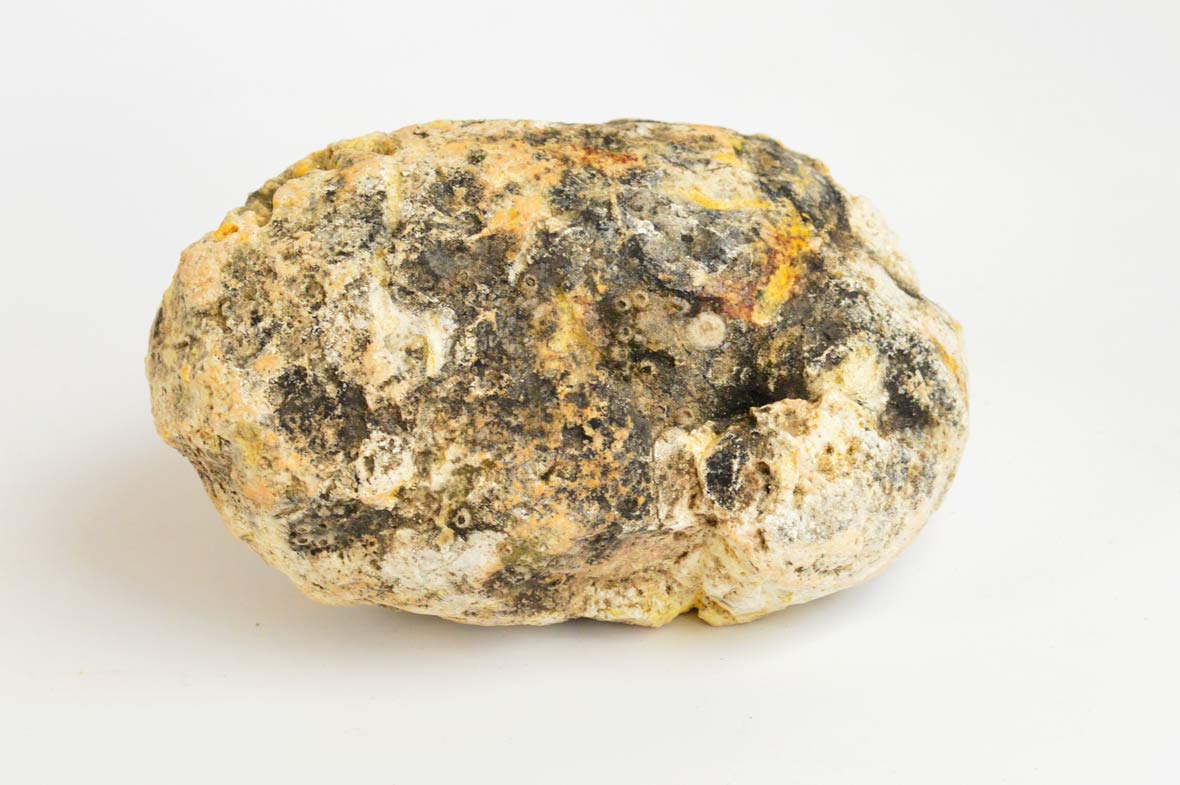Dive into the enchanting world of ambergris perfume, where mystery and allure intertwine. This precious substance, once the prized treasure of perfumers, has fueled curiosity and captivated hearts for ages. Its origins in the digestive system of sperm whales may seem unusual, but it’s this marine marvel’s unique properties and captivating scent that have made it an enduring enigma. Join us as we unravel the secrets of this enigmatic fragrance, exploring its history, unveiling its elusive scent profile, and uncovering the ethical considerations surrounding its use. With each page, we’ll immerse you in the fascinating journey of ambergris whale perfume, a fragrance that has the power to transport you to uncharted olfactory realms.
The Enigmatic Allure of Ambergris
For centuries, ambergris perfume has held a certain mystique, captivating people with its unique and alluring scent. This rare and precious substance, literally born from the ocean depths, takes us on a fascinating olfactory journey. But what exactly is it, and where does it come from?
Well, forget what you might have heard about “whale vomit.” Ambergris isn’t that at all! Instead, picture this: a sperm whale, gliding through the ocean. Inside its digestive system, a special waxy substance forms – ambergris. Scientists believe it likely develops over many years, slowly transforming inside the whale’s intestines, possibly as a way to protect the whale from sharp objects. This unusual process is what gives ambergris its remarkable qualities.
So, what does this ocean treasure smell like? Imagine a fragrance that’s both musky and sweet, with an earthy richness that draws you in. That’s the magic of ambergris. Perfumers prize it for its ability to add depth and warmth to their creations, making scents linger on the skin and creating an unforgettable olfactory experience.
The Shifting Tides: Ambergris Use in Modern Perfumery
The question on everyone’s mind is: is ambergris from whales still used in perfumes today? The answer is complex. Natural ambergris is incredibly rare, like finding a golden ticket that floats on the ocean and smells musky. This rarity unfortunately fueled unethical practices in the past, such as illegal whale hunting, all for a chance to get hands on this prized ingredient. Thankfully, awareness of the ethical issues surrounding this practice sparked a movement to find ways to enjoy those complex, earthy aromas without harming our giant ocean friends.
This is where things get interesting. Scientists and perfumers, always up for a challenge, put their heads together and came up with some pretty amazing alternatives. Synthetic ambergris, made in labs, can now mimic the scent of natural ambergris incredibly well. Plus, there are some amazing plant-based options out there, too! Clary sage and ambrette seed oil, for example, offer similar scent profiles, proving that nature has a knack for providing alternatives when we need them most.
So, what does this mean for the future of ambergris in perfumery? It’s uncertain. Some high-end, exclusive perfume brands might still use natural ambergris, but its use has drastically decreased. The ethical concerns, the challenges of finding it, and the development of these incredible alternatives have all led to this shift. One thing is certain: the focus on ethical practices and sustainable ingredients is here to stay, which is a beautiful thing for both perfume lovers and the magnificent creatures that inspire them.
The Allure of “Floating Gold”: Why Ambergris is so Expensive
The rarity of ambergris plays a significant role in its high cost. Only a tiny percentage of sperm whales produce it, and it’s usually discovered bobbing around in the ocean or washed up on beaches – a true needle-in-a-haystack situation. We can’t just ask the whales for some!
Adding to its allure, ambergris has this amazing ability to make scents last longer and adds a unique depth to perfumes that simply can’t be replicated. This makes it a hot commodity for perfumers seeking to create truly captivating and long-lasting fragrances.
Trading ambergris isn’t always smooth sailing, either. Since sperm whales are an endangered species, many countries have placed restrictions on the ambergris trade. This limited availability further drives up the price, making it a highly sought-after and expensive ingredient.
Deconstructing the Scent: What Does Ambergris Perfume Smell Like?
The aroma of ambergris is as complex and captivating as its origins. Imagine a scent that’s both sweet and earthy, reminiscent of a walk on a beach after a storm. You get a whiff of salty air, perhaps a hint of seaweed, but then there’s another layer – something warm, musky, and almost animalistic.
This complex aroma develops over time as the ambergris floats in the ocean, baked by the sun and tossed by the waves. Some compare the scent to a smooth, almost-sweet rubbing alcohol with a touch of the ocean. Its fragrance can vary depending on where the ambergris was found and how long it’s been aged, making each piece unique.
Ambergris doesn’t just smell amazing on its own; it also has this incredible ability to make other perfumes last longer and smell even more complex. It’s like the secret ingredient that perfumers use to create truly captivating scents.
A Sustainable Future: Alternatives to Natural Ambergris
Thankfully, the ethical concerns surrounding natural ambergris have led to the development of synthetic and plant-based alternatives that mimic its scent without harming any animals. These alternatives are becoming increasingly popular, offering a cruelty-free way to enjoy that unique ambergris aroma.
Scientists have been able to recreate the key aroma molecules found in ambergris, creating synthetic versions that are remarkably similar to the natural substance. Additionally, plant-based options like clary sage, labdanum, and ambrette seed oil offer comparable scent profiles, providing perfumers with sustainable and ethical alternatives.
As the fragrance industry continues to evolve, the focus on ethical sourcing and sustainability remains paramount. The development and increasing use of these alternatives ensure that we can continue to enjoy the captivating allure of ambergris-like scents without harming the magnificent creatures that inspired them.
- Unveiling Bernhard Caesar Einstein’s Scientific Achievements: A Legacy in Engineering - July 15, 2025
- Uncover who is Jerry McSorley: CEO, Family Man, Business Success Story - July 15, 2025
- Discover Bernhard Caesar Einstein’s Scientific Contributions: Unveiling a Legacy Beyond Einstein - July 15, 2025















